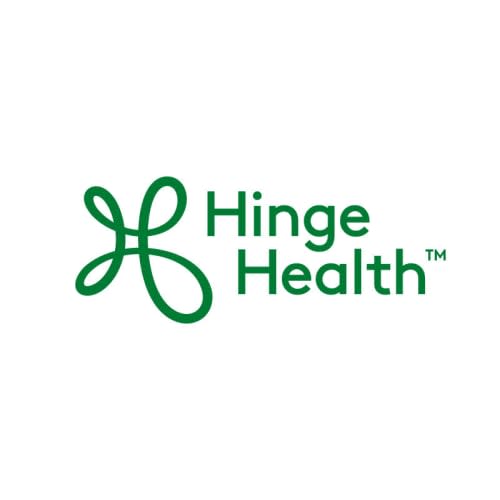SAN FRANCISCO--(BUSINESS WIRE)--Hinge Health, the leading digital clinic for joint and muscle care, today released its 2023 State of Musculoskeletal Care Report, an annual report to raise awareness on the issue of chronic pain and spotlight emerging trends impacting musculoskeletal (MSK) care in America. The data from the report emphasizes the gaps between the need for physical therapy (PT) and the care, or lack of care, that most Americans are receiving today. The report shows that employers are increasingly the ones to fill these care gaps for their employees.
MSK conditions include more than 150 ailments and are characterized by impairments in the muscles, bones, joints, and connective tissues leading to temporary or long-term limitations in function. Examples include back and neck pain, arthritis, osteoporosis, fibromyalgia, and carpal tunnel syndrome. This pain can have debilitating effects on people’s quality of life, comorbidities, mental well-being, and ability to work.
Among the findings in this year’s report:
The scope of MSK pain is too big to ignore. A staggering half of U.S. adults are experiencing MSK-related pain and the economy is suffering the weight of nearly $1 trillion in MSK treatment and lost wage costs.
There is a disconnect between the MSK care that is needed and the care that is often received today. Nearly half of people in pain say that they need professional treatment, but only 10% are getting in-person PT. While 70% of people in pain indicate that they understand the health benefits available to them, 64% say that they are not getting the help they need. The disparities are further emphasized when taking demographic differences into account:
- 13% of lower income people in pain use in-person PT compared to 29% of higher income people in pain
- 12% of women in pain use in-person PT compared to 26% of men in pain
- 7% of boomers in pain use in-person PT compared to 29% of millennials in pain
- 11% of rural residents in pain use in-person PT compared to 25% of urban residents in pain
Employers are stepping in to support the needs for MSK care. 92% of employers who don’t already have a digital MSK solution are taking action and likely to adopt one within the year. And, for women’s health in particular, 85% of large employers are looking to implement at least one new program to address inequities in women’s health.
“Many people suffering from chronic pain want help, but are struggling to find it and end up receiving ineffective, unnecessary, and costly interventions that leave them in continued pain,” said Dr. Jeff Krauss, chief medical officer, Hinge Health. “The findings in this report are an eye-opening reality of the challenges that those in pain face in getting the care they need, which is why it’s critical to continue educating and providing solutions that are truly accessible.”
The third edition of the State of MSK Care Report draws on primary data from Hinge Health surveys of 82 employers and 1,500 Americans in pain, as well as analysis of outside data sources.
To download the full findings of the 2023 State of MSK Care Report, visit: https://go.hingehealth.com/state-of-msk-care-2023
Hinge Health is creating a new health care system, built around you. Accessible to 25 million members across 1,250 customers, Hinge Health is the #1 digital clinic for joint and muscle pain, delivering superior member outcomes and proven claims reductions. We pair the industry’s most advanced motion technology and wearable pain relief with a complete clinical care team of physical therapists, physicians, and board-certified health coaches to help people move beyond pain and reduce surgeries and opioid use. Hinge Health’s HingeConnect integrates with 1 million+ in-person providers to enable earlier interventions for avoidable MSK surgeries. Four in five health plans and employers with a digital MSK solution trust Hinge Health, including Land O’Lakes, L.L. Bean, Salesforce, Self-Insured Schools of California, Southern Company, State of New Jersey, US Foods, and Verizon. Learn more at http://www.hingehealth.com.
